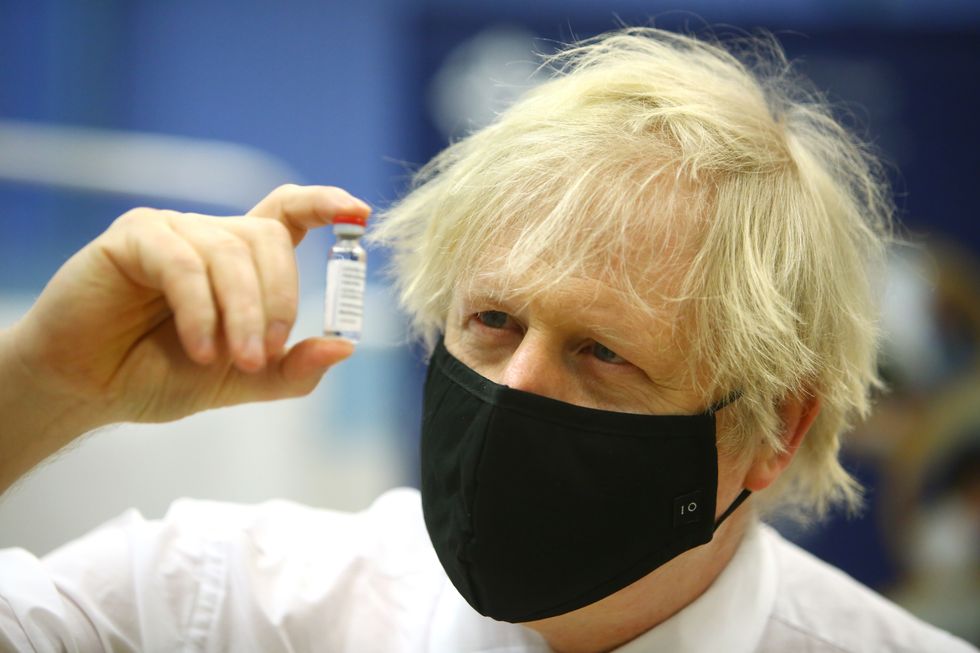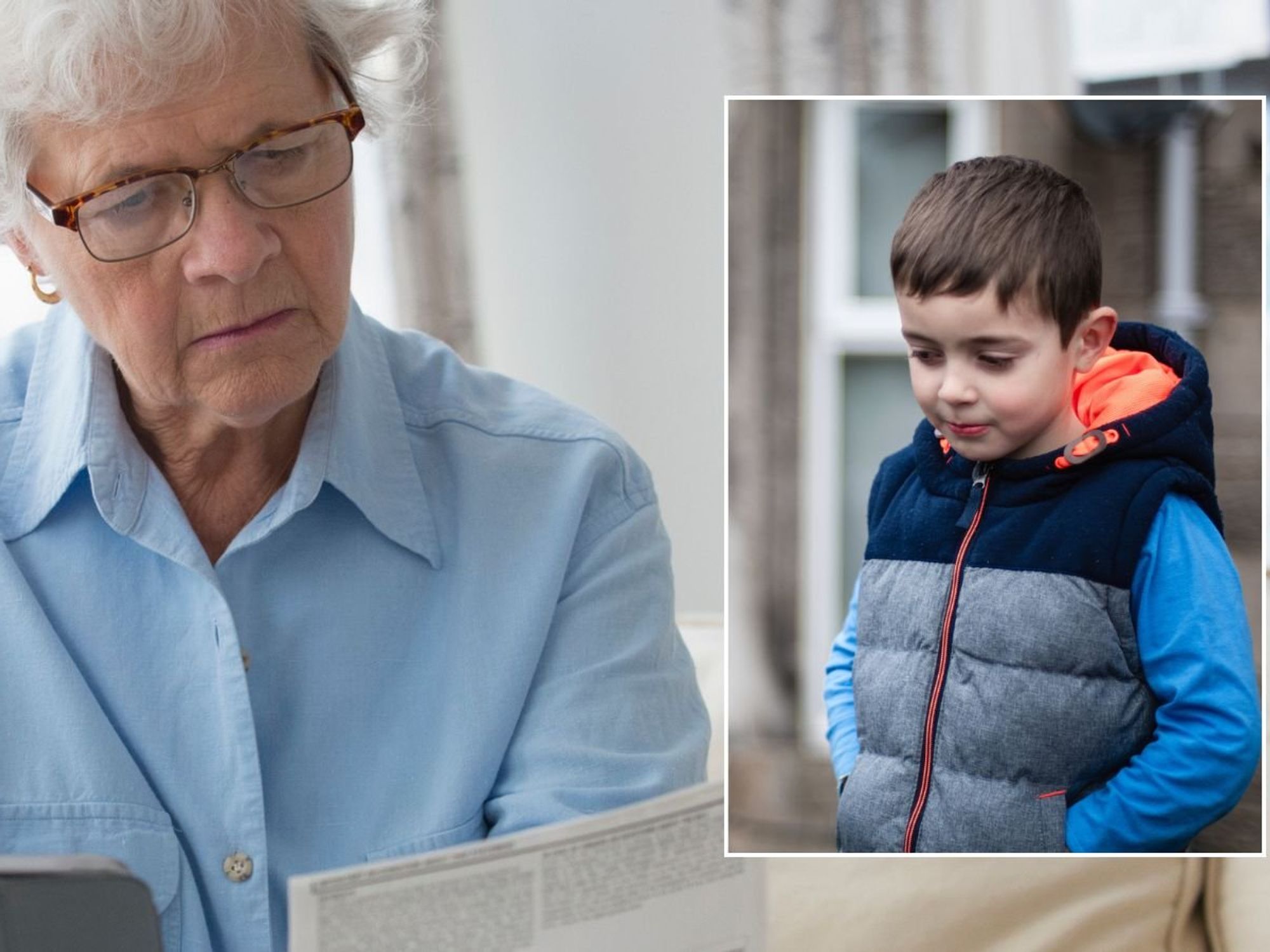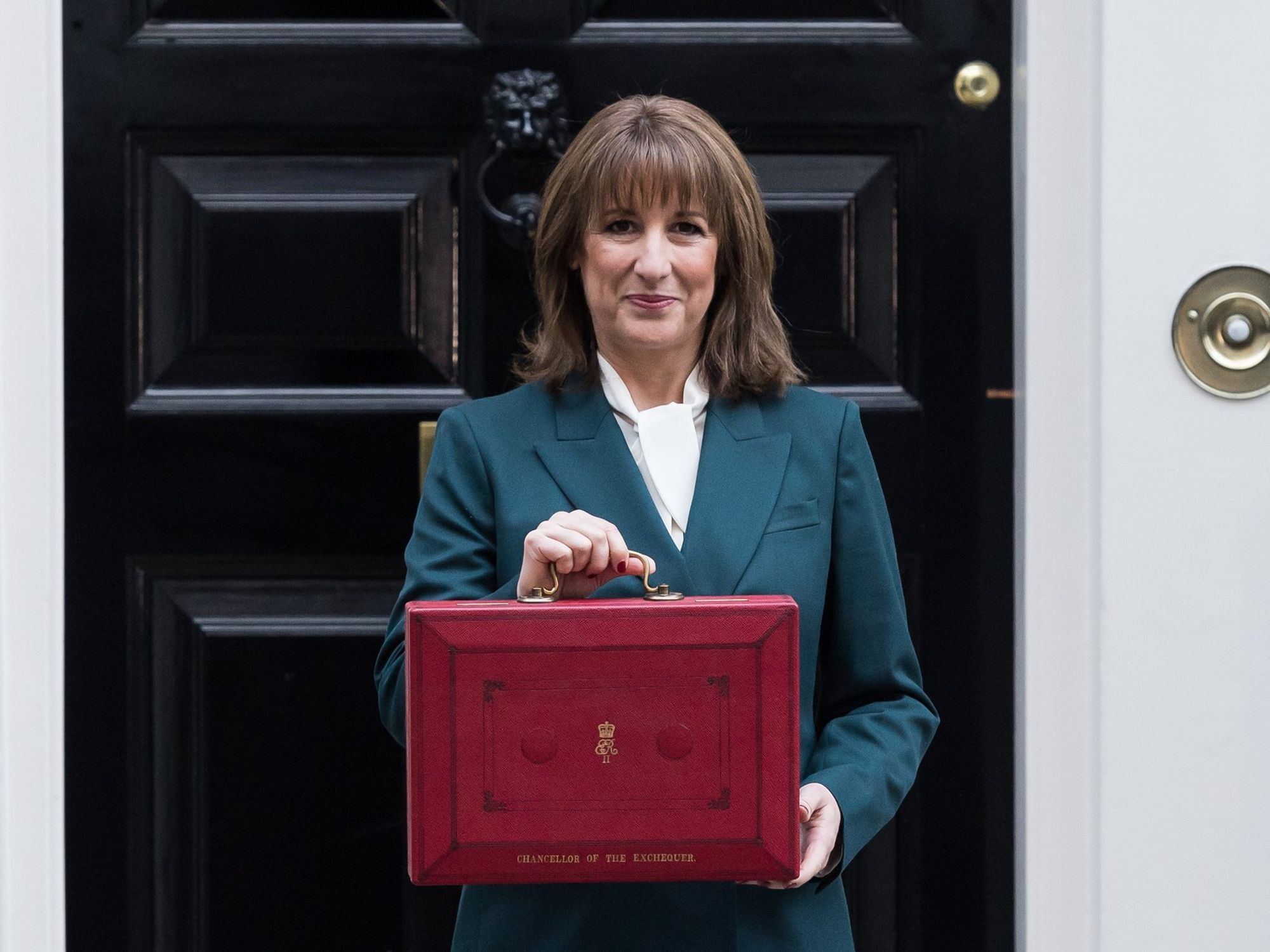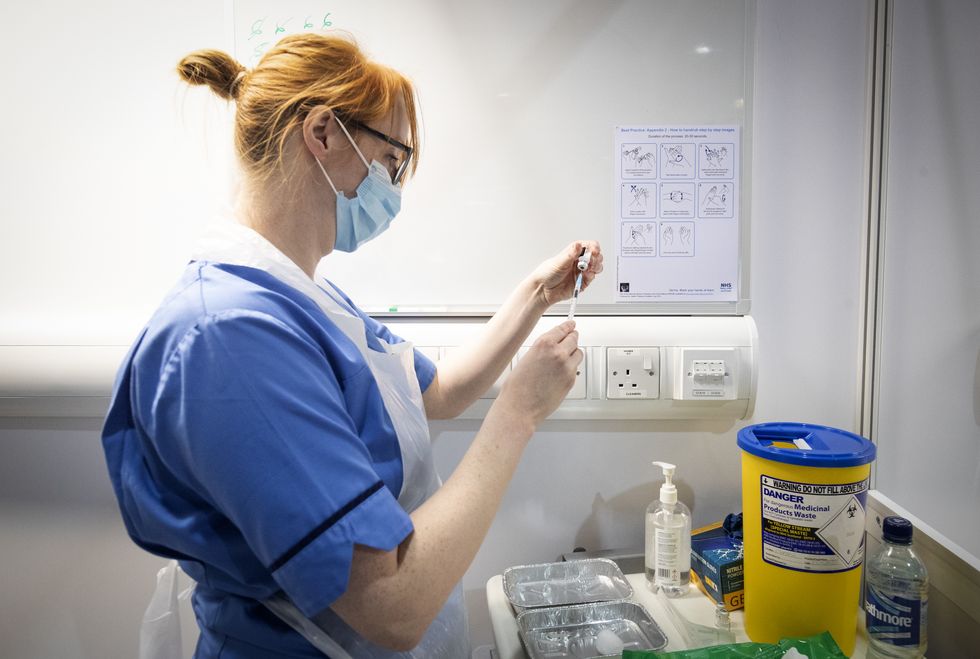Business-minded approach helped UK's Covid vaccine bet come off


The UK's business-minded approach to vaccine procurement is the reason behind our world-beating programme
Don't Miss
Most Read
Latest
Our Covid-19 vaccine rollout has been genuinely ‘world-beating’.
In May 2020, the Vaccine Taskforce sprung into existence. A new joint unit between the Health and Business departments, its inception caused consternation amongst much of the media and parliamentary opposition when successful venture capitalist Kate Bingham was announced as having been recruited to chair the group.
Not only was Bingham derided as a ‘crony’, much of the institutionally lethargic civil service scoffed at the idea that vaccines could be deliverable in any short order at all. Even around the Cabinet table there was a surprising level of scepticism and lack of ambition. Yet the naysayers were to be proved wrong.
This small team, headed by a woman from the world of business and crucially operationally more independent from the Whitehall machine than your common or garden government agency, has delivered the UK’s first genuinely world beating triumph of the pandemic.
People queuing to go into Belmont Health Centre in Harrow which is offering a first dose of Pfizer coronavirus vaccine to anyone aged over 18 on Saturday and Sunday who is living or working in Harrow. Picture date: Saturday June 5, 2021.
Jonathan Brady
While many voters turned out to back Boris Johnson, Mark Drakeford, and Nicola Sturgeon in the recent mid-term elections, it was really Kate Bingham who could be argued above all to have delivered these incumbents their successes.
After the event it is easy to say vaccines were just around the corner, that purchase orders should obviously have been made as early as they were, that we would end up with not one, not two, but three approved vaccines in less than a year.
The business expertise and clear direction from the lean team made it all the more effective. Which vaccines to bet upon was to be a monumental decision. Equally, cost was decided to be a less important factor than speed. After all - with lockdown costing more than a billion pounds a day – almost anything less than that spent on vaccine delivery would actually save money.
This twin approach was almost a direct mirror of the EU. Slow and bureaucratic, the Commission delayed signing contracts to try to squeeze the prices lower. Of course this meant deliveries were later – no doubt costing more economic harm than paying slightly more for the vaccines in the first place would have done.
Nurse Eleanor Pinkerton prepares a coronavirus vaccine to be given to a health and care staff member at the NHS Louisa Jordan Hospital in Glasgow, as part of a mass vaccination drive by NHS Greater Glasgow and Clyde. Picture date: Saturday January 23, 2021.
Jane Barlow
Bizarrely, the EU also allegedly put politics above procurement. German newspaper Der Spiegel reported last year that the bloc refused to buy more Pfizer doses as to not upset the French. One EU procurement insider told the paper that “buying more from a German company [BioNTech] wasn’t on the cards” in order to achieve a greater balance with French company Sanofi, which is still yet to produce an approved vaccine.
By contrast, the UK played no favourites, and took a market knowledge led approach.
Venture capitalists deal in risk. The UK made big bets. Those big bets led to big rewards. The freedom of action of the Vaccine Taskforce has achieved what seven months ago appeared impossible – it turned a badly hit country into one that others are low looking to (at least on this measure) as a benchmark of success.
No doubt going forward Number 10 will be thinking about where else external business acumen and freedom of action can deliver results.












